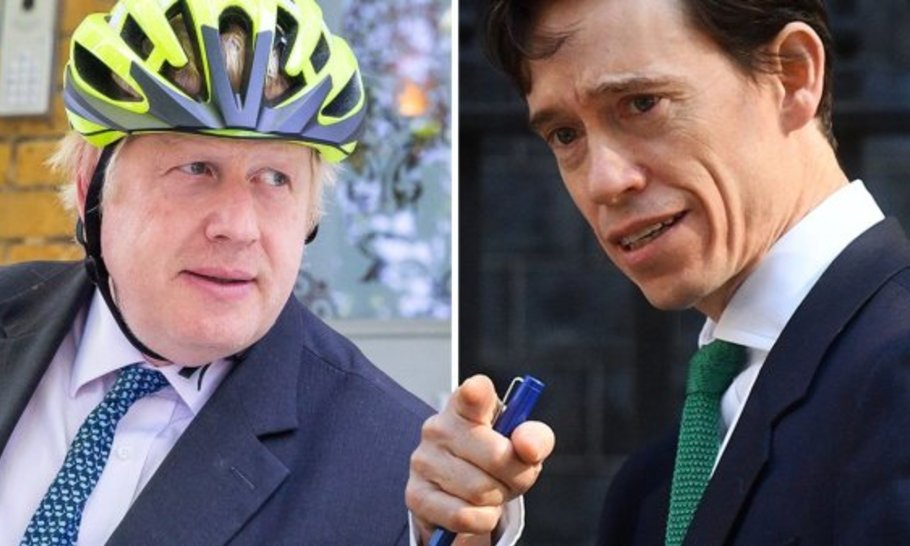Momentum builds behind the competition's optimists: Boris and Rory

When Conservative MPs were asked to choose a new Prime Minister after the poisonous referendum campaign, they opted for shy, hardworking Theresa May. They felt, perhaps understandably, that in such turbulent times, Britain needed to be steered by a clear-headed, down-to-earth technocrat: a politician who wouldn’t rock the boat, but would quietly get on with delivering the “will of the people”. With the benefit of hindsight, it’s safe to say that they couldn’t have got it more wrong.
Because to make a success of Brexit, it turned out, David Cameron’s replacement needed to do more than manage officials and shuffle papers. He or she had to provide a vision for Britain which could unite and excite our bitterly divided country.
Three years on, and the Conservative Party is learning from its mistakes. The only two candidates with real momentum at this stage of the competition — Boris Johnson and Rory Stewart — have realised that the only way to beat the resuscitated Nigel Farage and his emergent Brexit Party is to play him at his own game. While they can’t quite bring themselves to peddle his gung-ho visions of post-Brexit Britain (even Boris is wary about talking too openly of no deal), they are both, in their very different ways, on a mission to prove that they have optimism in the fate of the country — and a personality around which Brits can rally.
After an almost aggressively upbeat launch video and a few roaring Telegraph articles, Borismania has carried the former Foreign Secretary into a very comfortable first place in this leg of the competition. In an attempt to secure top jobs in his Government, Matt Hancock and Esther McVey have thrown their weight behind him — bringing with them a number of their supporters. Meanwhile rumours Boris backers would “lend support” to another candidate at Boris’s request (so as to secure him an “easy rival” in the final round) have, unsurprisingly, come to nothing: the size of the new Prime Minister’s mandate — both from MPs and members — is going to be key in determining how much authority he can exert over the parliamentary party, and Boris, a first class political strategist, knows it.
Following an excellent campaign, former rank outsider Rory Stewart has also managed to secure himself a place in the third round — and the odds of him winning are shortening by the day. Given that he’s the least popular of the remaining candidates among Tory members, logic dictates that the Stop Boris faction of the party should have steered clear. But this competition is about mood rather than logic, and anti Borisers just can’t resist Stewart’s pitch as the “loving, listening” sort of optimist, who, with eloquence and intelligence, can bring the country together again.
Michael Gove, Sajid Javid and Jeremy Hunt — who have all billed themselves as competent negotiators, rather than charismatic optimists — have also made it into the third round, but none have built up significant support. In the funny world of Westminster, that means they’re all likely to go backwards next time. Dominic Raab, who was presenting himself as the arch Brexiteer is out, crushed by the weight of Boris’s popularity.
Stewart’s meteoric rise is an interesting indicator of what Conservative MPs value in a leader in 2019, but given his unpopularity with the grassroots members (he consistently comes last in Conservative Home polls), the fact he is doing so well only means that Boris’s route to Number 10 has never looked smoother. If the Stop Boris faction of the party is serious, a lot of strategic thinking will need to be done before tomorrow.





